Cashew Nuts
Our raw cashews are ready to supercharge your day as a standalone snack! Cashews have a mild nutty taste that is delicious all on its own, or atop salads and Asian-inspired rice dishes and curries. Blend cashews with a zip of pressed oil to create a homemade raw cashew butter.
Raw cashews are a satisfying and nutritious snack. These nuts are high in protein, fiber and healthy fats. We love adding these tasty raw cashews to rice dishes and curries for an extra bite of protein and flavor. They are unsalted, huge and delicious for snacking or cooking.
Our raw cashews are ready to supercharge your day as a standalone snack! Cashews have a mild nutty taste that is delicious all on its own, or atop salads and Asian-inspired rice dishes and curries. Blend cashews with a zip of pressed oil to create a homemade raw cashew butter.
The seeds of most fruits grow within the flesh, but the cashew seed hangs from the bottom of a cashew apple, essentially a swollen stem. A hard shell with two layers encases the kidney-shaped cashew seed, which must be harvested by hand. Between these two layers lurks the phenolic resin urushiol, which is the same substance that causes the blistering rash seen after contact with poison ivy and poison oak. The shelling process removes this substance, which is then used in the making of such products as varnish, insecticide, paint, and other industrial products. Because of the potential toxicity, cashews are never sold in the shell.
Fresh cashew apples taste delicious, but only growers and people living near cashew orchards will ever get to enjoy this fruit, as it is highly perishable. Cashew apples begin to ferment immediately after harvesting, and stay fresh no longer than 24 hours. Highly prized in their growing locale, cashew apples can sometimes be found canned, in jams, or as the base of a liqueur. Commercial producers in Brazil and India package the juice for sale regionally. The cashew tree itself does not go to waste, as the wood is milled into lumber used to build shipping crates and boats.
Cashew Uses
You might see cashews labeled “raw” in the supermarket, but all cashews undergo some heat in the process to remove the shell and caustic substance. Cashews sold as “roasted” have been cooked twice—once during the shelling process and then roasted to deepen the color and enhance the flavor, sometimes with salt. You will also find dry-roasted, meaning the nuts were cooked without any added oil.
Because they are high in heart-healthy monounsaturated fatty acids, cashews make some superfoods lists for their concentration of protein, fiber, minerals, and antioxidants. Though technically a seed, the cashew generally gets the culinary treatment of a nut. You can buy them whole to eat as a snack out of hand or puréed into butter for use as a spread or smoothie ingredient. Owing to their creamy texture when blended, cashews have become a popular ingredient used to make dairy alternatives. This includes cashew milk, nut-based cheese, and nut-based cream sauces and sour cream.
How to Cook With Cashews
Pressed cashews yield a light- to dark-yellow oil better used as a salad dressing ingredient or finishing oil than a cooking oil. It also has cosmetic applications as a skin moisturizer and carrier oil for aromatherapy treatments.
Asian and Indian cuisines frequently include whole or chopped cashews as a stir-fry ingredient and in curries. Vegan cooks turn cashews into animal product-free milk, cream, mayonnaise, butter, and pesto.
What Does It Taste Like?
Cashews have a rich nutty flavor, similar to almonds or peanuts. When pureed, it may be hard to distinguish cashew butter from other nut butter like peanut or almond.
Be the first to review “Cashew Nuts” Cancel reply
Related products
Nuts
Nuts
Nuts
Nuts
Nuts
Nuts
Nuts

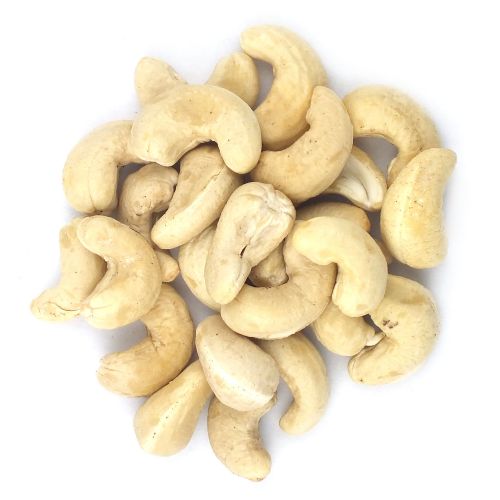
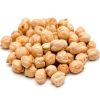
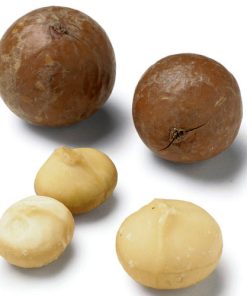
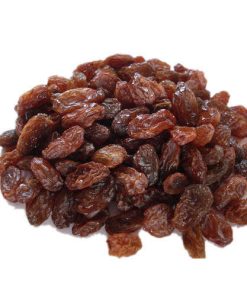
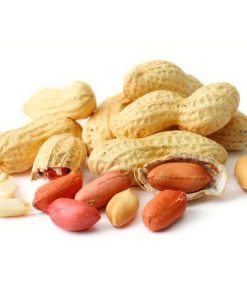
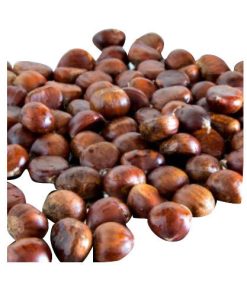
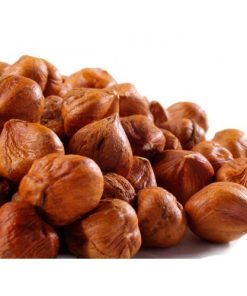
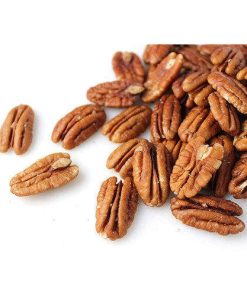
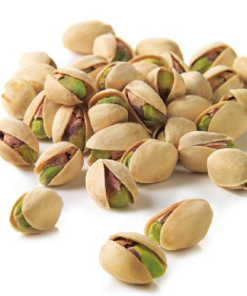
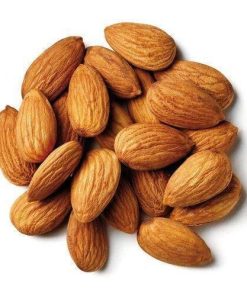
Reviews
There are no reviews yet.